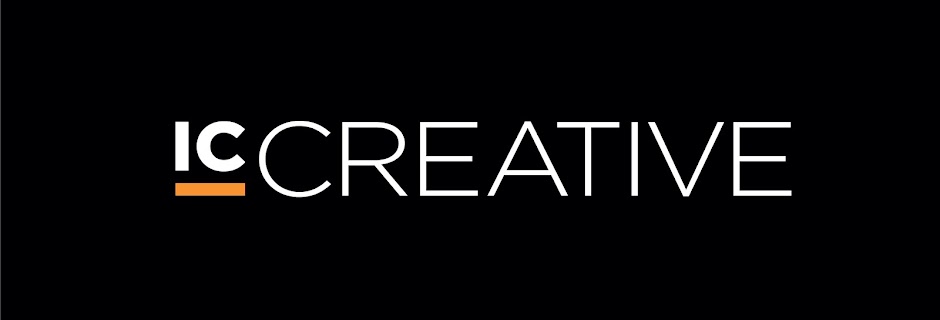"Sometimes the questions are complicated and the answers are simple"
Preparing for an interview, especially a UX job interview, is quite tricky. It’s not always the skills you have or bring to the table, but more the personality fit and your opinions etc.
I was lucky enough to spend some time with an ex-footballer who’s now a Match of the Day pundit earlier this week, we got talking about his job and how it came about, the interview process etc. I work in recruitment I couldn’t help it!! Funnily enough he wasn’t too interested in hearing about the life of a User Experience Recruitment consultant from Grazeley. His loss.
What he told me was quite interesting, through his playing career and then into his punditry career he has always been, and will always be, direct. Just answer the question asked of him, be concise and to the point. The rest is a matter of opinion, and you can’t rehearse or mess up your opinion. I appreciate it’s different in other interviews and jobs, your opinion needs credibility which this particular individual does have so he gets away with it, but essentially people miss the point of actually answering the question asked of them. When gathering feedback from clients, we find that candidates will use the interview to talk about everything and anything, but not answer what is asked of them.
'Waffled'.. 'Undersold'.. 'Talked around the subject'.. 'Went on'.. 'Missed the point'.. These are the terms we hear.
Going back to the really interesting conversation I had this week, it sounds so simple….. but….. answering the question that’s asked of you seems to go a long way.
Here’s a good article that I came across which is a good read for those of you on your way to an interview.
SPECIALIST USER EXPERIENCE RECRUITER



